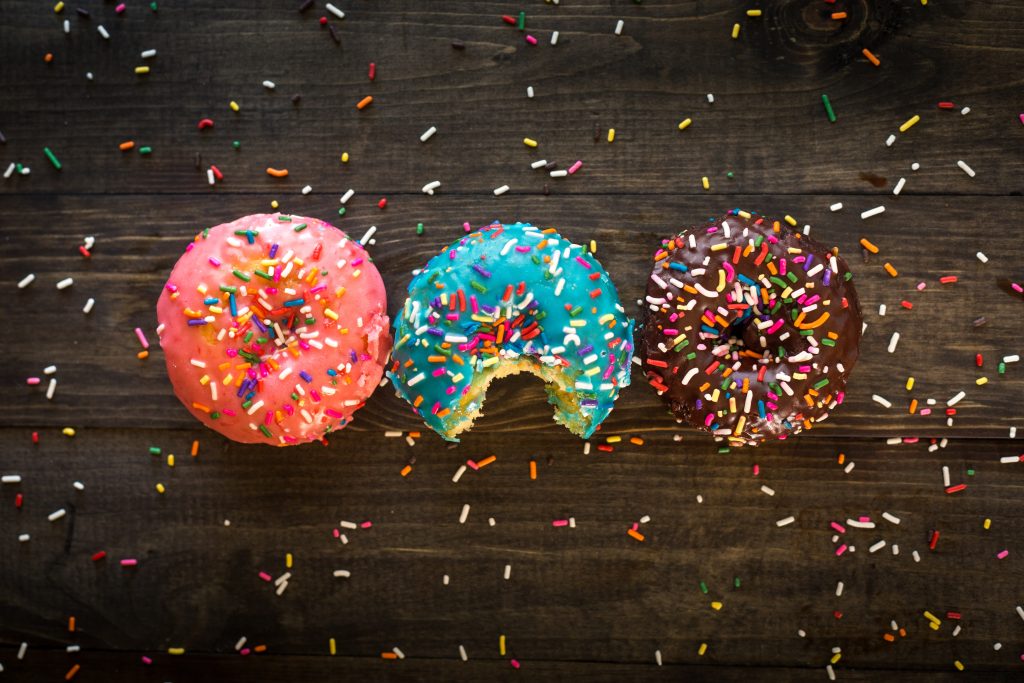
It’s Time to Tackle Your Cravings
Image Credit: Unsplash
Sugar. Alcohol. Salt. Fat.
We all have cravings from time to time. But though you might feel virtuous about having a salad for lunch, the second portion of chips you have as a snack later on isn’t going to do you any good at all.
So what is the answer?
Trying to find a way to tackle your cravings is crucial if you want to free yourself from self-destructive patterns. This is as true for those of us who love a couple of candy bars while watching TV as it is for those of us who drink a couple of bottles of wine. But while you might feel motivated by articles that tell you what happens when you quit drinking, without a strategy, you aren’t likely to stay on the wagon very long.
We all have a complex relationship with food but much of what we do is about habit. Habit forming is essentially the pattern that surrounds a craving. First you get a cue, then a craving to which you respond in order to get a reward.
So for example, you might have a bar of chocolate in the cupboard which forms a cue. Because you know a reward is so close to you, you just can’t resist thinking about it and the craving begins. After a while, it is too difficult to resist the craving any longer so you go to the cupboard and grab that chocolate bar – your reward. But soon you’ll have the craving again, or worry that it’s not enough.
Knowing how cravings work is really important because this should inform your strategy for breaking a bad habit. While you might be quite happy to have a treat at the weekend, having a treat every day is too much. So, while you don’t want to entirely deprive yourself, you do need to recognise your cravings for what they are and then intercept them when necessary.
Let’s start by thinking about particular cues. Though the chocolate bar in the cupboard is a common example, we humans are a little more complex than that. Our cravings can be triggered by all kinds of things including emotions and environment.
Smokers and sugar addicts are most likely to get cravings when they are feeling stressed as the brain wants more dopamine, the ‘feel good’ hormone. The sense of reward boosts the dopamine in the brain and makes you feel good again. Though this is good for balancing your mood, you will quickly spot that you become dependent on this source for your sense of feeling happy.
The trick to combating this kind of craving is to reduce your daily stress. Try having a warm bath, doing a bit of yoga or mindfulness and going for a walk in the fresh air around lunch time. All of these things should help to reduce the number of cravings you have simply by reducing the need for a dopamine hit.
Simply being aware of what is triggering your craving is the best way to start tackling it. Rather than having to talk yourself out of a reward and resist the craving, you simply alter your lifestyle just a bit to avoid the problem altogether.
DISCLAIMER: This post is a collaborative post and may contain affiliate links.